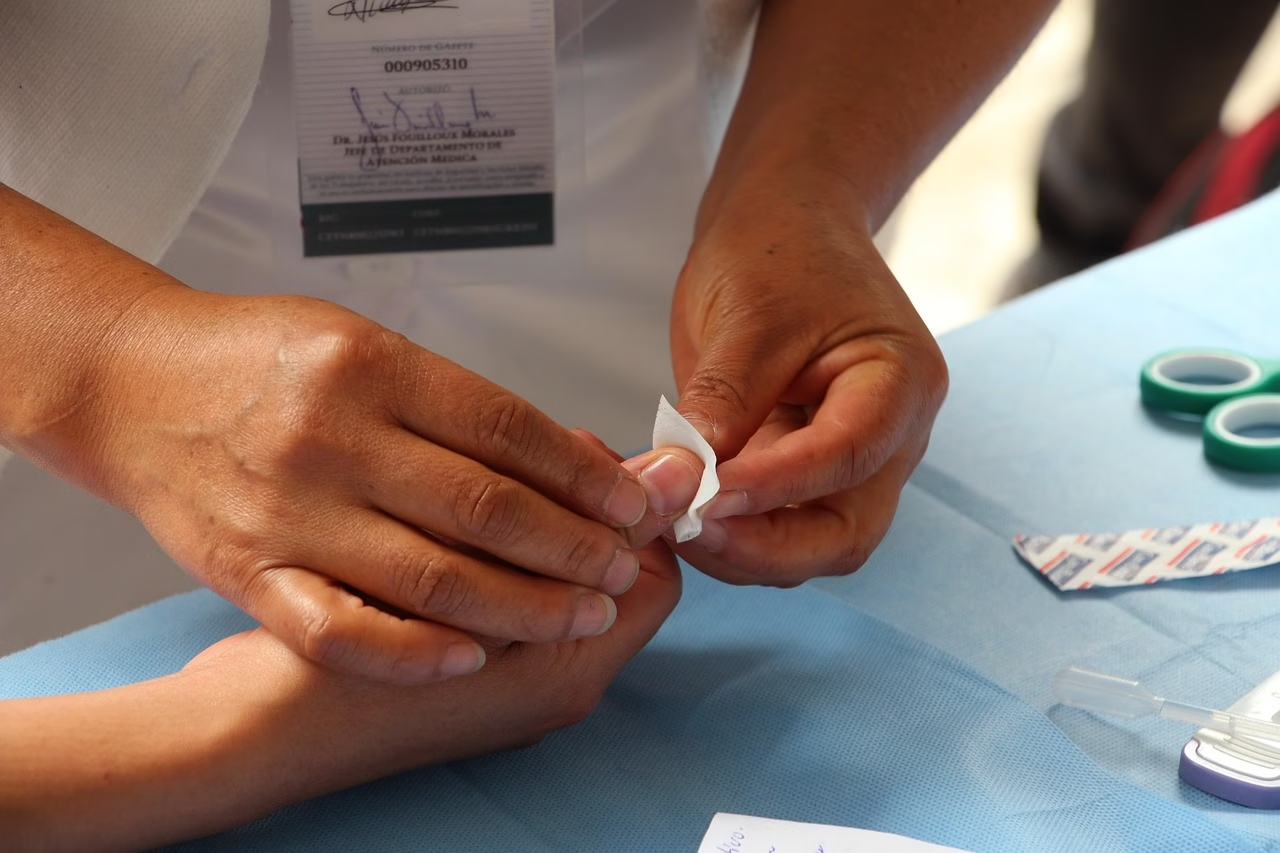The Tyranny of ‘Teenage Wellness’
The wellness movement has surged with undeniable force in recent years—its messages of self-care, mindful living, and balanced nutrition promising a better, healthier life. This wave has rippled through every demographic, including teenagers, who stand at a complex intersection between growth, identity, and social pressure. While the intentions behind promoting wellness among teens are noble and necessary, there is a growing undercurrent I like to call the “tyranny of teenage wellness.” It is a paradoxical burden that, rather than liberating youthful spirits, can sometimes tighten an invisible grip that leaves them feeling overwhelmed, judged, and perpetually inadequate.
The Layered Landscape of Teenage Wellness
Today’s teenagers navigate a world that bombards them with curated wellness ideals. Social media feeds are filled with glowing skin routines, vegan meal prep, intense workout challenges, breathwork tutorials, and declarations of self-love. The sheer volume and uniformity of these messages create an implicit “wellness checklist” that suggests there is one correct way to be healthy and happy as a teen.
Yet, the reality is far from one-size-fits-all. Adolescence is a time of profound physical, emotional, and neurological transformation. A teenager’s needs one week can be dramatically different the next. Their energy levels fluctuate, their moods swing, their tastes change. When the idea of wellness becomes a rigid expectation rather than a flexible guide, it alienates rather than comforts.
“Wellness should be a guiding light, not a spotlight spotlighting where you fall short.”
The Pressure to Perform ‘Perfect’ Wellness
A significant challenge lies in the performative nature of wellness today. Teens often feel compelled not only to engage in healthy habits but to broadcast them, creating a narrative of perfection that few can sustain. This performativity can foster comparison and competition rather than community and support.
I have spoken to many young people who confess that they sometimes prioritize looking “well” over truly feeling well. Skipping meals to fit a trendy diet, pushing through exhaustion just to fulfill a fitness routine, or masking stress behind a facade of meditation and positivity—these are not signs of health but symptoms of the pressure exerted by the tyranny of wellness culture.
Reclaiming Wellness: Compassion Over Criticism
The antidote to this tyranny is a compassionate, personalized approach to wellness. As experts, parents, educators, and allies, we must encourage teenagers to listen deeply to their own bodies and minds, free from external judgment.
Encouraging curiosity instead of compliance allows teens to discover what truly nourishes their unique selves—whether that looks like a restful afternoon, a creative outlet, or simply doing nothing at all. Wellness is not about hitting arbitrary benchmarks but about cultivating a relationship with oneself based on kindness, acceptance, and flexibility.
Listening to the Teen Within
As someone who has dedicated my life to holistic wellness and medical research, I understand how tempting it is to prescribe universal solutions. Yet, if wellness is to thrive in teenage lives, it must honor their complexity and individuality. Wellness is not a task to be conquered but a journey to be embraced gently.
Let us remind the young people in our lives that their worth is not defined by Instagram likes, how “clean” their diets are, or how many wellness trends they adopt. Instead, their worth is intrinsic, worthy of love and care simply because they are themselves.
“True wellness is grounded in self-compassion, not self-criticism; in listening, not performing.”
Closing Thoughts
The teenage years are already volatile and transformative without the added pressure of an impossible wellness ideal. By stepping away from the tyranny of teenage wellness culture, we can create space for real healing and growth—spaces where young people thrive authentically and joyfully. Through compassionate guidance and mindful listening, we can foster deeper well-being that lasts a lifetime.
— Dr. Rachel Bloom





